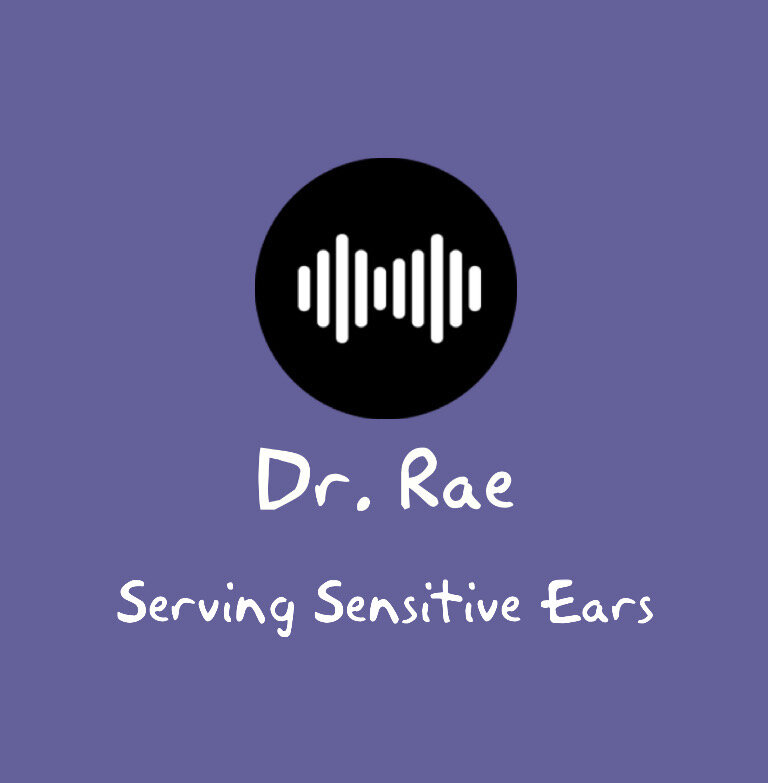Why ADHD Medication Doesn’t “Fix” Auditory Processing Disorder
Parents often ask me, “If my child has trouble listening and they’re diagnosed with ADHD, wouldn’t stimulant medication fix that?” The answer is nuanced but important.
Auditory Processing Disorder, or APD, is not an attention issue. It is a brain-based difference in how sound is processed, especially speech. Kids with APD might pass a hearing test, but still struggle to follow directions in noise, understand fast talkers, or tell similar sounds apart. This is a problem with access to clear sound, not effort or motivation.
That said, attention can absolutely affect how well a child performs on listening tasks. If a child is distracted or mentally fatigued, they may miss more information. But that does not mean attention is the root of the problem.
In fact, the relationship goes both ways. APD can look like ADHD. When a child is constantly straining to listen, especially in noisy classrooms, they may fidget, zone out, or seem defiant. Not because they are not trying, but because they are overwhelmed. This is called listening fatigue.
Some studies do show that stimulant medication like Ritalin or methylphenidate helps children with ADHD perform better on tests of sustained auditory attention. But here is the catch. Those improvements do not generalize to true auditory processing skills like speech-in-noise understanding or auditory discrimination.
One study said it directly: “There was a significant improvement in performance on the Continuous Performance Test, but not on any of the central auditory processing measures.” (Tillery, Katz, & Keller, 2000)
In other words, medication helped the child stay focused, but it did not change how the brain hears.
If a child truly has both ADHD and APD, stimulant medication may help them engage better in therapy or classroom learning by improving self-regulation. But it does not fix the underlying sensory-level processing difference. Lasting change usually requires a combination of tools and supports.
What helps APD? Auditory training. Low-gain hearing aids. Remote microphone systems. Phonological therapy. Language enrichment. Accommodations that reduce background noise and increase signal clarity. These interventions address the core issue: a degraded or distorted auditory signal that affects language, learning, and reading.
APD is real. It is not a character flaw. It is not a motivation problem. It is not just a misdiagnosed form of ADHD.
You cannot build literacy on a distorted signal. Let’s support children with strategies that meet both their sensory and cognitive needs.
References:
Keith, R. W., Engineer, P., & Elfer, L. (1991). Effects of methylphenidate on auditory vigilance and processing in children with attention deficit disorder. Journal of Learning Disabilities, 24(10), 630–636.
Lanzetta-Valdo, B. P., Oliveira, C. A. C. P., Alvarenga, K. F., & Samelli, A. G. (2017). Auditory processing assessment in children with attention deficit hyperactivity disorder: An open study examining methylphenidate effects. International Archives of Otorhinolaryngology, 21(1), 77–85.
Tillery, K. L., Katz, J., & Keller, W. D. (2000). Effects of methylphenidate (Ritalin) on auditory performance in children with attention and auditory processing disorders. Journal of Speech, Language, and Hearing Research, 43(4), 893–901.
